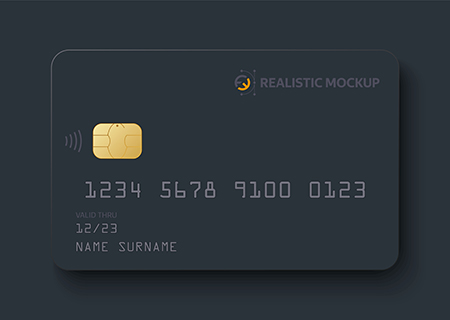Where is the payroll processing surcharge to cover the expense of processing wage payment for the person who makes the deli sandwich, or the salt surcharge for those customers who add a little extra brine to their meal, or how about a bathroom surcharge for the diligent pre-meal handwasher? If those costs of doing business aren’t surcharges, then why is the cost of processing a credit card payment the one expense that is boldly added to the customers’ tally of goods or services purchased?
This surcharge-to-cover-expense approach becomes even more
perplexing when you consider the potential and likely
impact on the customer experience for those who choose to
pay with plastic. One may think it’s no big deal to
customers. Think again. Credit card distribution among all
tenders is now 60%-80% or more, with cash distribution
only in the 12%-20% range. Why risk the assumably great
experience of 60%-80% of your business with an unpleasant
ending in the form of a surcharge? How much does a
business owner invest to get each customer in the door in
the first place? To then rely on hope that their customers
won’t be put off by a surcharge and will return. What’s
the financial impact if they don’t? Is there a surcharge
for that?
Also consider that the sour taste for the customer doesn’t
stop at the surcharge itself. In most cases, the surcharge
is taxable. So yes, dear customer, we’re going to add that
extra surcharge to cover our expense of doing business and
then collect tax on the surcharge amount from you as well.
Thanks for being so understanding.
Business owners who offer tippable services might ask: Do
customers who are unhappy about the surcharge tip as they
would without the surcharge? Not likely, just ask your
employees. And by the way, the surcharge isn’t applied to
those tips paid by credit card, so business owners aren’t
fully covering all the processing costs with the surcharge
anyway.
Now add in the additional operational expense of following
the state’s requirements for these surcharges and it
further chips away at what seemed like an even trade,
surcharge for processing fee. Ignore the states
requirements and take a chance with a small print
surcharge mention at the bottom of a product or services
menu, and you can expect chargeback expense and potential
fines to take another piece of your profit.
I’m not defending credit card processing fees, but there
are benefits businesses derive from offering credit cards
as a payment option. Some of those benefits include more
customers, competitive parity, and in many cases a higher
average sale for credit card sales versus cash sales. If
the goal is specifically to eradicate processing fee costs
on the business, those fees can be offset with a price
increase and if so inclined, businesses may opt to offer a
discount to those who pay cash. Also consider that other
unrelated expenses may have room for improvement to offset
the fees while maintaining the desired margin outcome.
Credit card processing fees aren’t new, but product costs
and inflation are top of mind for business owners who are
looking for ways to bolster diminishing margins. While the
surcharge option is an attractive means to offset the
rising costs of doing business in today’s economy, it may
insult the customers’ intelligence when they ask the same
question: What makes credit card processing fees different
than the other costs of running a business? In my opinion,
the answer is nothing.

